‘Scavenging’ is effectively theft, and refers to people taking either whole items or components of WEEE from places where electrical equipment has been left for recycling, such as at designated collection facilities.
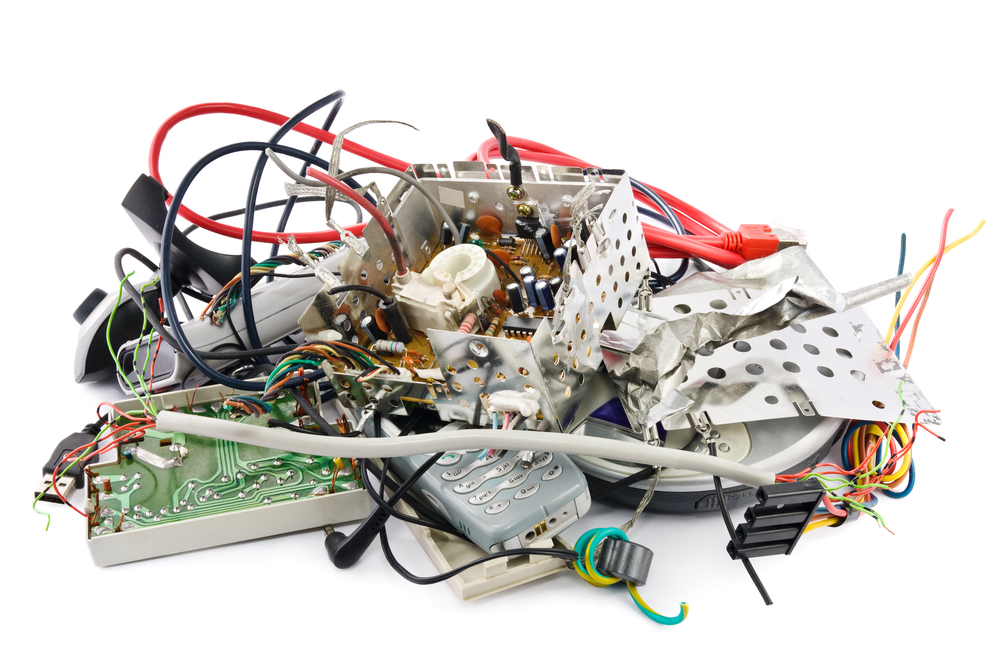
The report, released last week, said: “Scavenging of whole products and components is a reality across Europe and is mainly happening after the discard of products by final users.
“Despite the magnitude varying over time, from country to country and also for the same company over years, effects are clear.”
Scavenging of small household equipment including IT in particular was said to be responsible for losses of €112 million (£94 million) a year across Europe.
Commissioned by EERA, a professional association for reuse, recycling and reprocessing companies dealing with WEEE in Europe, the report used data covering more than 520,000 tonnes of WEEE in 43 treatment locations across nine different countries.
Whole products
The report highlighted how products defined as screens, cooling and freezing and IT were especially targeted.
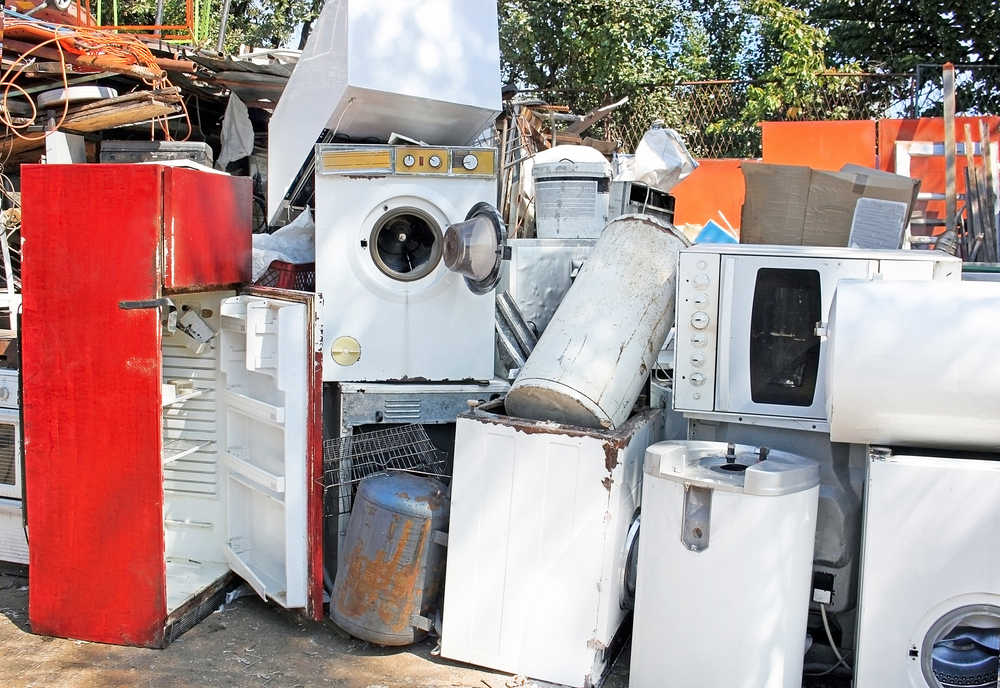
It said: “For all the products having high intrinsic economic value (like air conditioners) or potential reuse-value (like desktops, laptops and mobile phones), the share of products observed by recyclers in the waste stream is lower than the corresponding amount expected considering the estimations of waste generated in 2018.”
Components
In addition to the scavenging of whole products, the report explained that discarded equipment is scavenged for valuable materials and components.
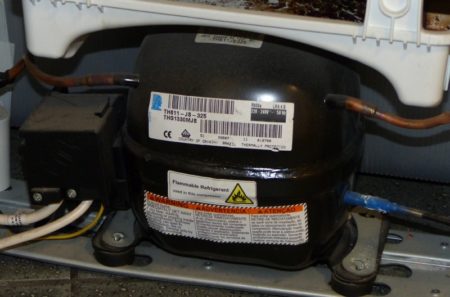
The report says this undermines attempts to increase the level of environmental protection and the recovery of material to feed the EU economy and means attempts to recover critical raw material are made far more difficult.
It added that 22% of compressors in fridges were reported as being scavenged, as were 21% of cables or main cords from large household objects, 21% of deflection coils or electro guns from screens and 29 % of drives from IT equipment.
The report added: “From an environmental perspective, the scavenging level of compressors is most concerning, because of the release of the ozone depleting gasses contained in the refrigeration circuit.”
Recommendations
Several recommendations to dissuade scavengers are made in the report.
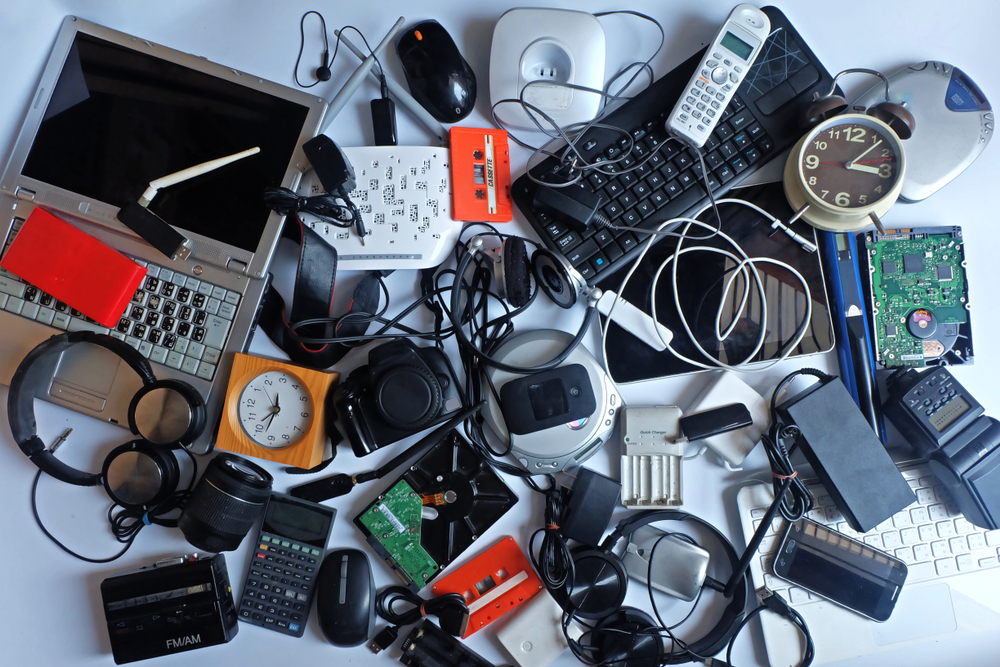
This includes the mandatory adoption in all EU member states of standards establishing the quality of the material collected, which EERA hopes will lead to better material yields and less environmental damage.
EERA also suggest establishing an observatory to monitor the scavenging level in different countries and markets and the associated environmental impacts.
A third recommendation is to identify an alternative financing model or compensation mechanism to balance the economic losses caused by scavenging.
Finally, the report says it is important to raise the awareness on importance of quality in collection to foster the design of better policies and operational practices.






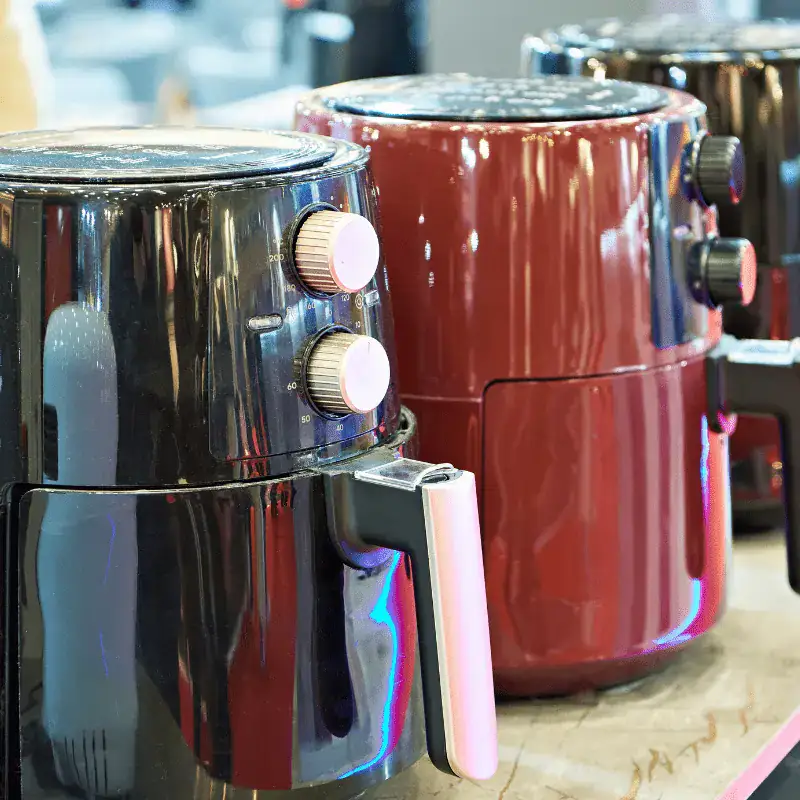
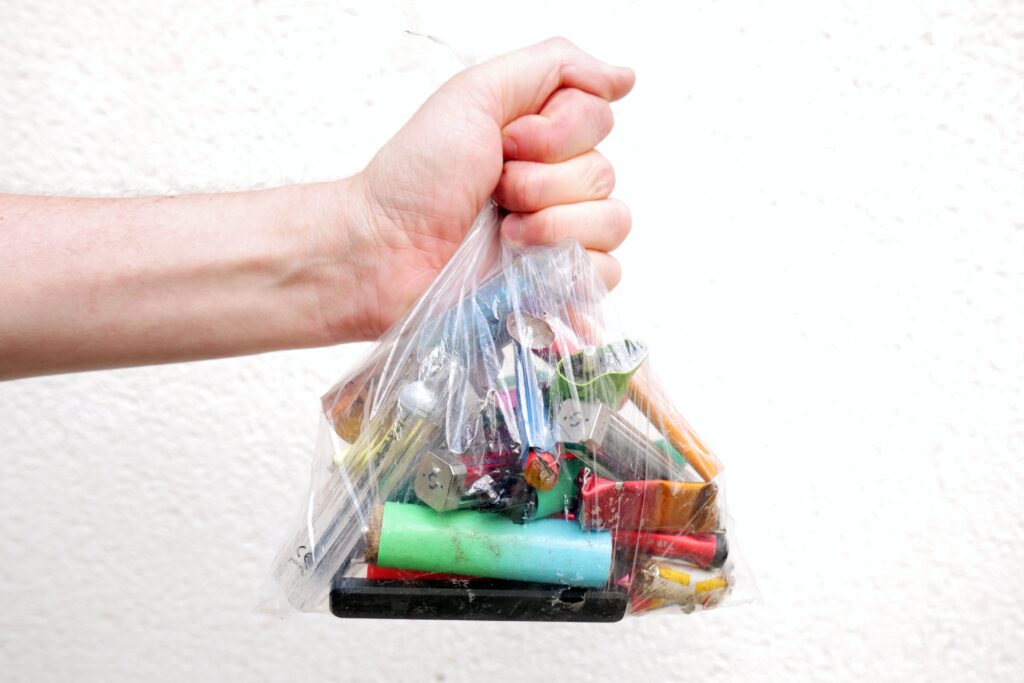
Subscribe for free